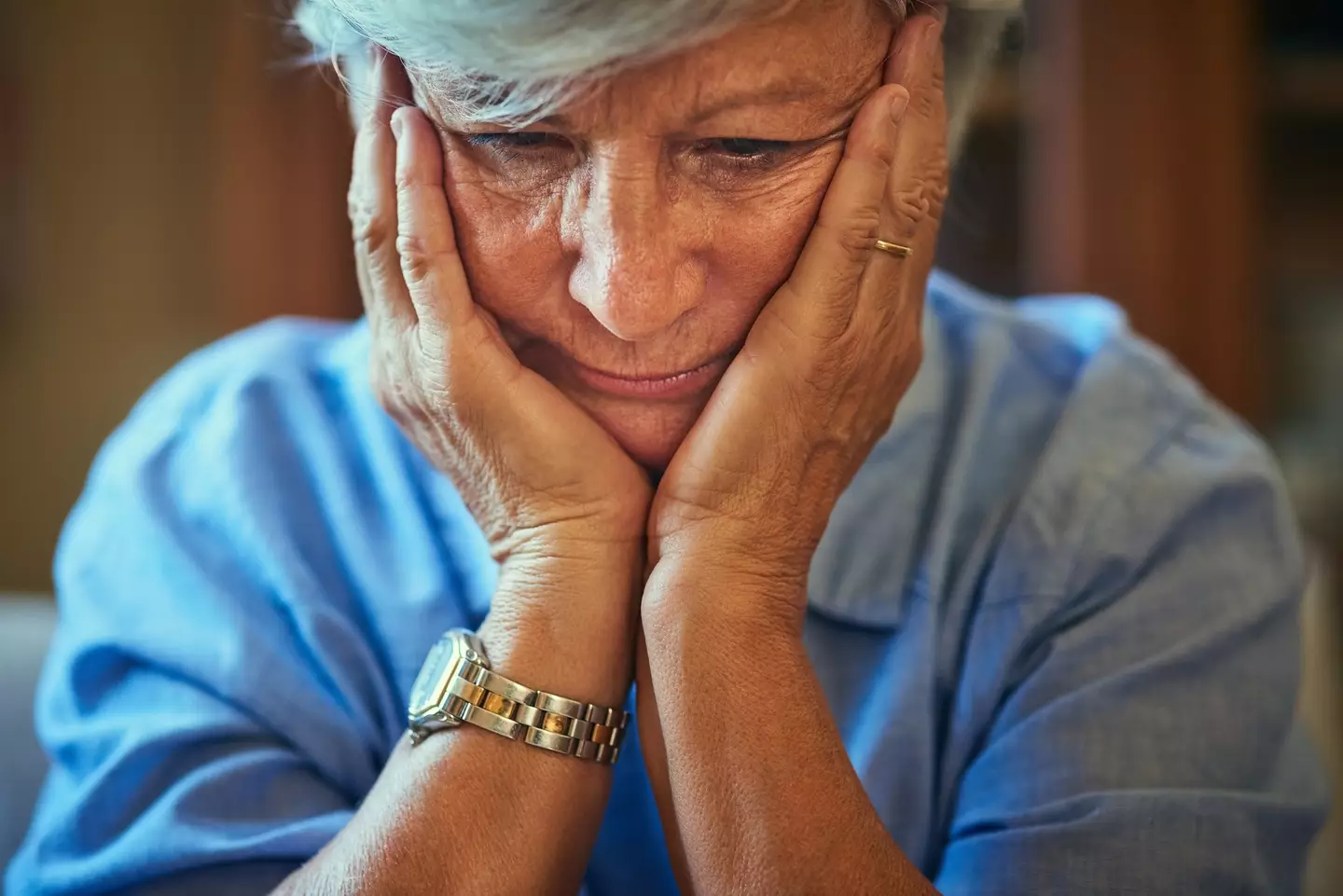
A new study has found one simple change to our daily routine could hold off Alzheimer's developing for years.
Around one in nine Americans aged 65 or older are living with the disease, according to figures from the Alzheimer's Association.
Alzheimer's is a progressive brain disorder that slowly causes cognitive decline, impacting people's memory, thinking and general functioning.
It's a type of dementia and accounts for up to 80 percent of all cases.
Advert
While associated with older people, the disease is not a normal part of aging and can also impact younger adults, known as early-onset Alzheimer's disease.
The condition is caused by what's known as plaques or tangles in the brain, which damage and kill nerve cells.

As the Alzheimer's Association, plaques are when protein pieces called beta-amyloid clump together and block signals between synapses, while tangles are when a protein called tau collapses into twisted strands.
Now, a study that measured the beta-amyloid and tau build-up in people at risk of Alzheimer's has found a surprisingly simple habit could slow down the rate of cognitive decline.
The study, published in the Nature Medicine journal, saw Mass General Brigham researchers analyze the data of 296 participants aged between 50 and 90 years old from the Harvard Aging Brain Study.
All were cognitively healthy to start out with, wore pedometers to count their steps and had annual cognitive assessments for up to 14 years, averaging at 9.3 years.
At these assessments, they underwent PET scans to measure amyloid-beta and tau protein build-up on the brain.

It was found that people who walked more experienced a slower cognitive decline and build-up of deposits on the brain.
Those who walked between 3,000 and 5,000 steps a day saw around a three-year delay in cognitive decline, while those walking between 5,000 to 7,500 steps daily had about a seven-year delay.
People who didn't move as often showed faster buildup of tau proteins and more rapid decline in cognition and daily functioning.
Reisa Sperling, MD, a neurologist in the Mass General Brigham Department of Neurology and co-principal investigator of the Harvard Aging Brain Study, said: "These findings show us that it’s possible to build cognitive resilience and resistance to tau pathology in the setting of preclinical Alzheimer’s disease.

"This is particularly encouraging for our quest to ultimately prevent Alzheimer’s disease dementia, as well as to decrease dementia due to multiple contributing factors."
Researchers are now hoping to find out which types and intensities of exercise matter most when it comes to slowing cognitive decline and plaque build-up.
First-author Wai-Ying Wendy Yau MD, a cognitive neurologist in the Mass General Brigham Department of Neurology, said: "We want to empower people to protect their brain and cognitive health by keeping physically active.
"Every step counts - and even small increases in daily activities can build over time to create sustained changes in habit and health."